Zero Hunger for all
Zero Hunger
for all
Introduction
At Covenant University we are committed to addressing issues related to hunger for members within and outside her community. The university conducts programmes to identify students or members of the community who cannot afford the minimum regular meals on daily basis. This is so as to monitor the improvements made by the university in this regard since the programme began, as well as ensure equal access to food by all. On annual basis, records of students whose feeding expenses on campus were catered to by this scheme are documented for record purpose in order to monitor the success of the programme while taking into consideration areas needing improvement.
The scheme was implemented as a means of ensuring zero hunger on campus wherein students or members of the CU community help in gathering waste materials into several vessels that are weighed to ensure that the weight meets the desired minimum that qualifies for the issuance of meal tickets.
The food ticket reward for PET waste collection and sorting link
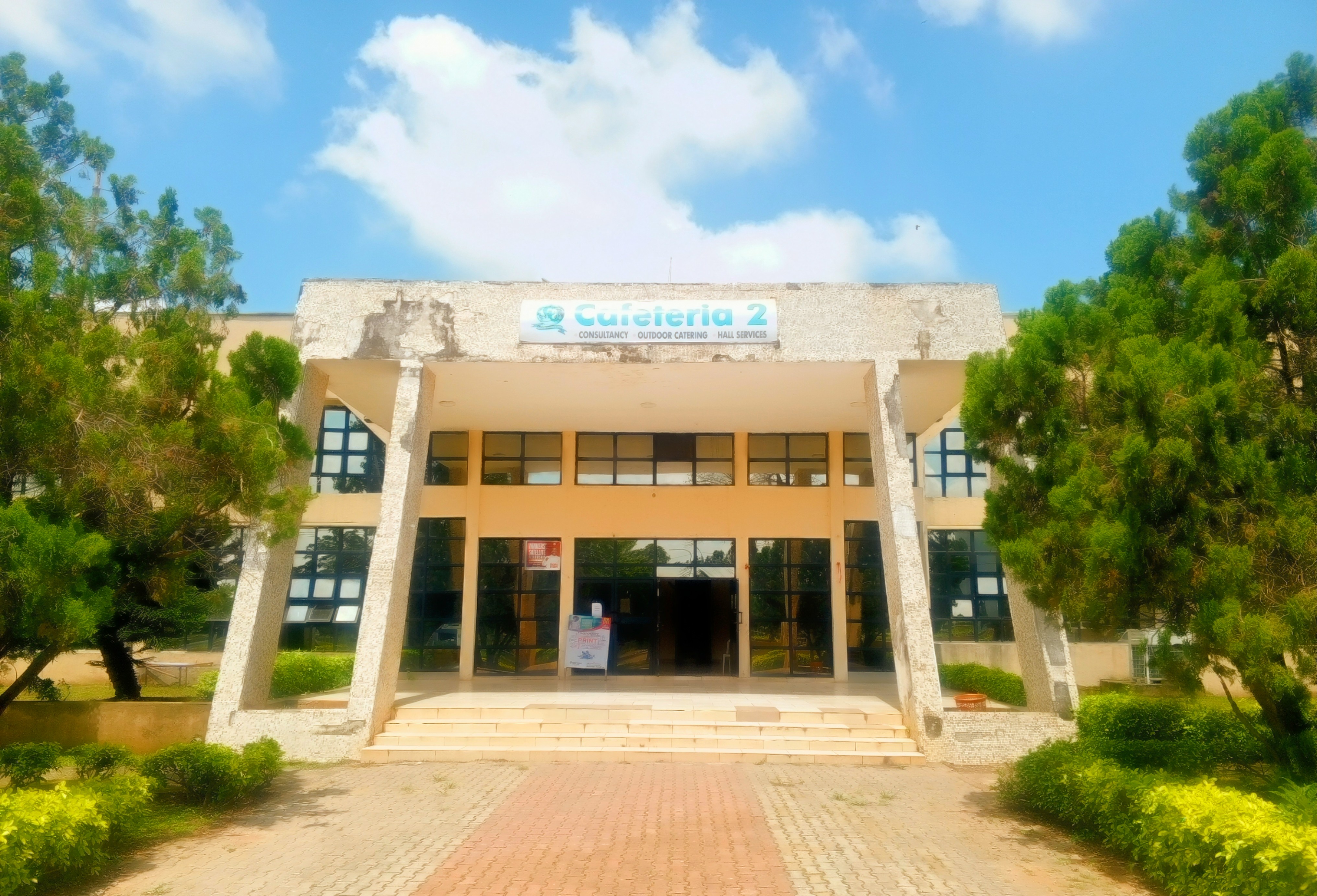
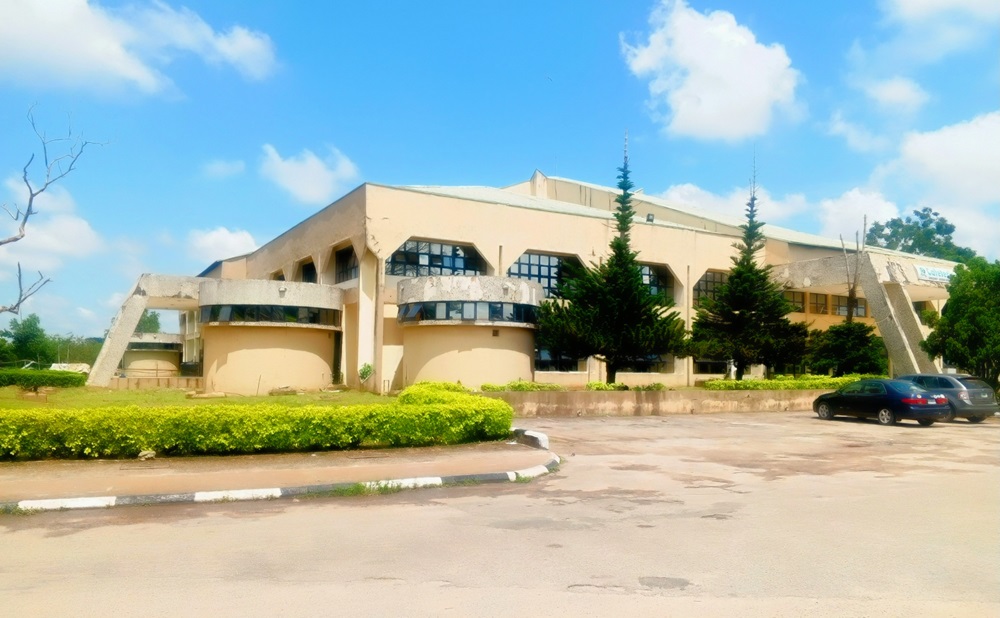
2.2.1. Measurement and Tracking
Covenant University systematically tracks food waste on a daily, weekly, and monthly basis across all major food service points, including the University Guest House, halls of residence for both undergraduate and postgraduate students, and the cafeterias. This robust tracking system uses precise weighing scales, providing the hard data necessary for continuous improvement. Our efforts are formalized under the Zero-Waste Campus Initiative Policy, which mandates rigorous accountability for resource use. The operational arm is the Waste to Wealth Initiative
2.2.2.1 – Total Food Waste (Annual Weight)
The total annual weight of food waste collected during the 2023 reporting period was 11,021 kg.
2.2.2.2 – Campus Population (FTE)
The official Campus Population (FTE) used for calculating efficiency metrics is 9,035 FTE. This data yields a remarkably low Food Waste per FTE rate of 1.22 kg per FTE per year, which we cite as an international benchmark for efficiency.
Dual-Benefit Resource Recovery
The resources we collect are never sent to a landfill. Instead, the remaining food waste is processed using an institutional biodigester to convert the material into biogas/biomethane for use as fuel, supporting SDG 7 (Affordable and Clean Energy). Additionally, a portion of the collected organic material (proteins, carbohydrates, and vegetables) is responsibly diverted and supplied to local community partners to serve as high-quality feed for domesticated animals (dogs, goats, pigs), supporting local farming stability.
2.2.2. Access to Nutritious and Affordable Food
At Covenant University, there are several food spots including Cafeteria (1, 2 & 3), the Postgraduate Cafeteria, the butcheries and the Covenant University (CU) Guest House, where highly affordable, nutritious, tasty food and snacks are provided.
Diverse food options is made available at all cafeteria and food spots within the university community so as to accommodate all dietary needs and requirements of both staff, faculty, students and guests.
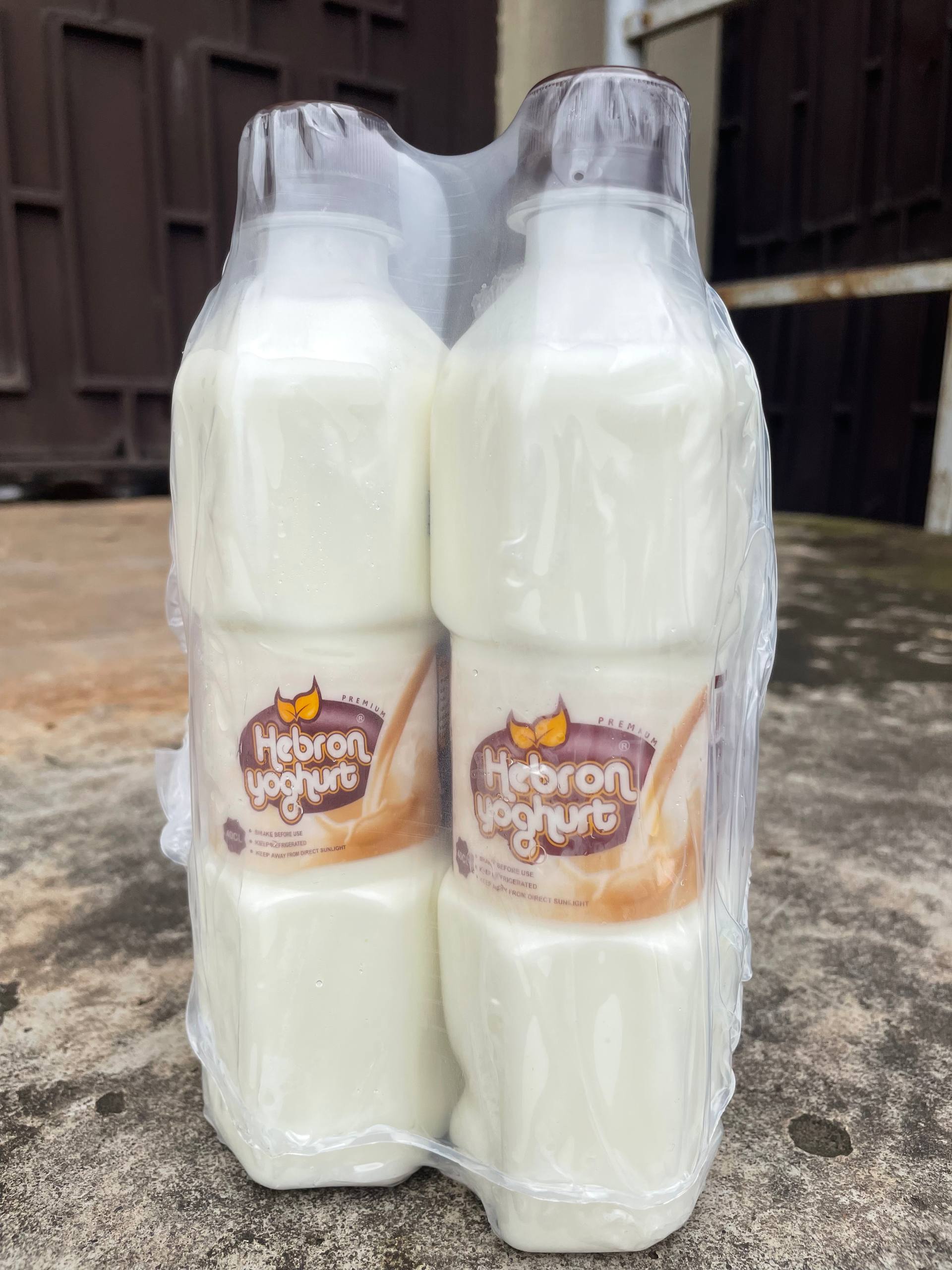



2.3.1 - Student Food Insecurity Programme
Our anti-hunger effort is a multi-program network operating under the strict confidentiality guidelines of our Zero-Stigma Support Protocol (Policy). All layered interventions are synchronized by the Covenant University – Food Insecurity Advisory Committee (CU-FIAC), which coordinates the linkage between resource generation and student support, ensuring efficient delivery of aid without redundancy.
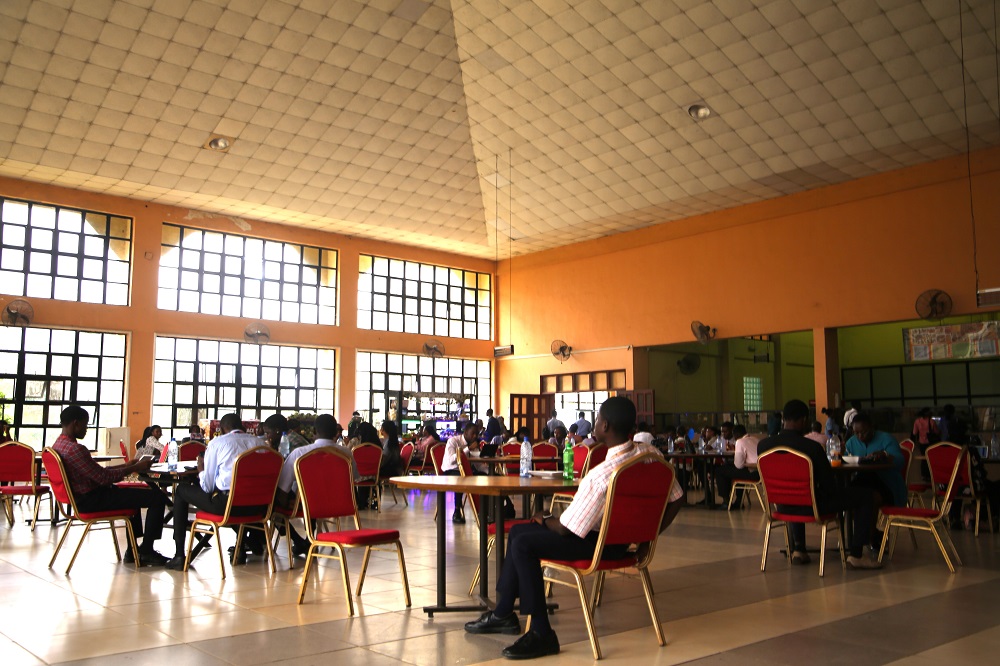
2.3.2 - Interventions to Prevent or Alleviate Hunger Among Students
We provide layered interventions prioritizing equity and dignity. Our ongoing Waste-to-Wealth/Meal Ticket Initiative provides a sustainable pathway, where students who volunteer to gather food waste receive meal tickets. The Covenant University – Food Insecurity Advisory Committee (CU-FIAC) proactively increased the value of these tickets from N 500 to N 1,000 to counter national food inflation. Furthermore, we recently launched a Pilot Food Bank, a peer-support innovation that allows students to buy meals in advance for their colleagues or convert monetary contributions directly into meal tickets.
2.3.3 - Sustainable Food Choices
Our cafeteria variety is driven by direct feedback from our community, specifically from the student body and international students. We have significantly improved the stocking of diverse foods, including special dietary options like Bashan rice, Wanke rice, and Wheat bread. This commitment is the basis for our next governance milestone: the Healthy & Sustainable Choice Directive, which will formalize the clear labeling of sustainable, vegetarian, and vegan options across all menus.
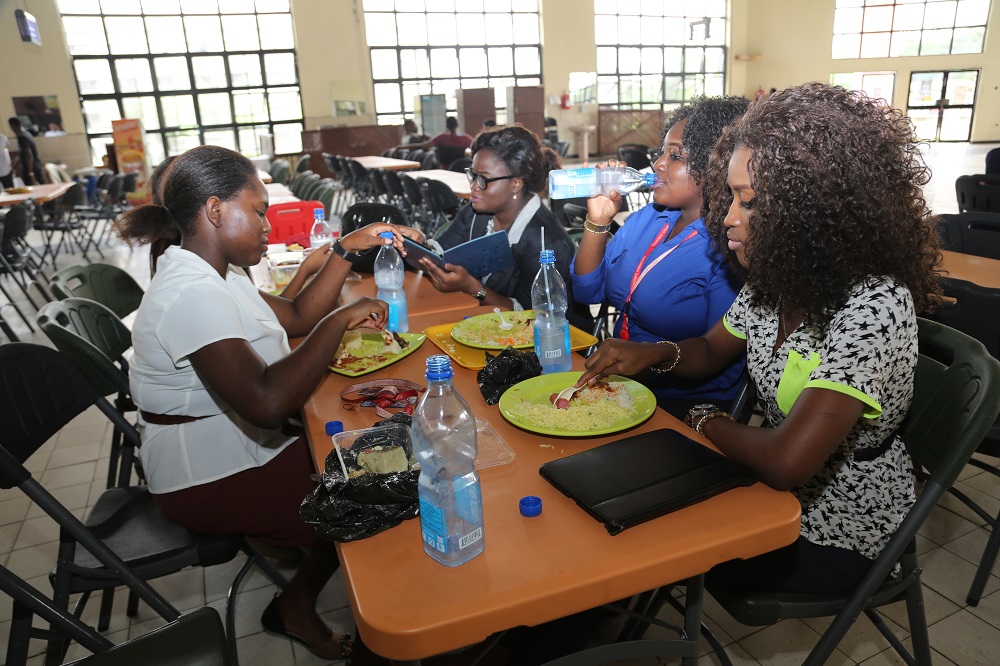
2.3.4 - Healthy and Affordable Food Choices
Covenant University maintains a stable, high-quality, and affordable food supply. The Affordable Nutrition Mandate (Policy) (Link: Affordable Nutrition Mandate (Policy)), which dictates that institutional assets (like our on-campus palm oil factory) must be leveraged to control commodity costs, is monitored by the Covenant University – Food Insecurity Advisory Committee (CU-FIAC) to maintain price equity and stability for the benefit of both students and staff.
2.3.5 - Interventions to Prevent or Alleviate Hunger Among Staff
We address staff nutrition through the Covenant University Multipurpose Cooperative Society. This voluntary, all-inclusive financial safety mechanism allows faculty and staff to access flexible credit loan facilities and purchase food and groceries at subsidized rates. The Covenant University – Food Insecurity Advisory Committee (CU-FIAC) works to synchronize this cooperative’s food sourcing and pricing with the university’s central cafeteria to ensure consistent affordability.
2.4 Proportion of Graduates in Agriculture and Aquaculture Including Sustainability Aspects
Covenant University is dedicated to building the regional talent pipeline necessary to ensure sustainable agriculture. While the final raw graduate numbers are pending, our programs leverage the expertise found in the RCE-Ogun and WAVE research projects, ensuring our agriculture and aquaculture graduates are equipped with a strong, mandatory sustainability focus. This priority is formalized through our alignment with the Nigerian Universities Commission (NUC) minimum academic standards.
- Graduates in Field (Agriculture and Aquaculture): 95 graduates
Our students are trained directly within the research cycle, with the expertise we develop in improving cassava, yam, potato, and fish yields forming the core of our technical curriculum.
2.5.1 & 2.5.2 - Access to Knowledge, Skills, and Technology
Through the dedicated outreach initiatives of the RCE-Ogun and the WAVE research programs, we provide crucial access to sustainable agriculture and aquaculture knowledge, skills, and technology. These programs organize formal training sessions designed to build community self-reliance and resilience, focusing on practical skill transfer like sustainable techniques for Catfish farming and efficient Catfish feed production.
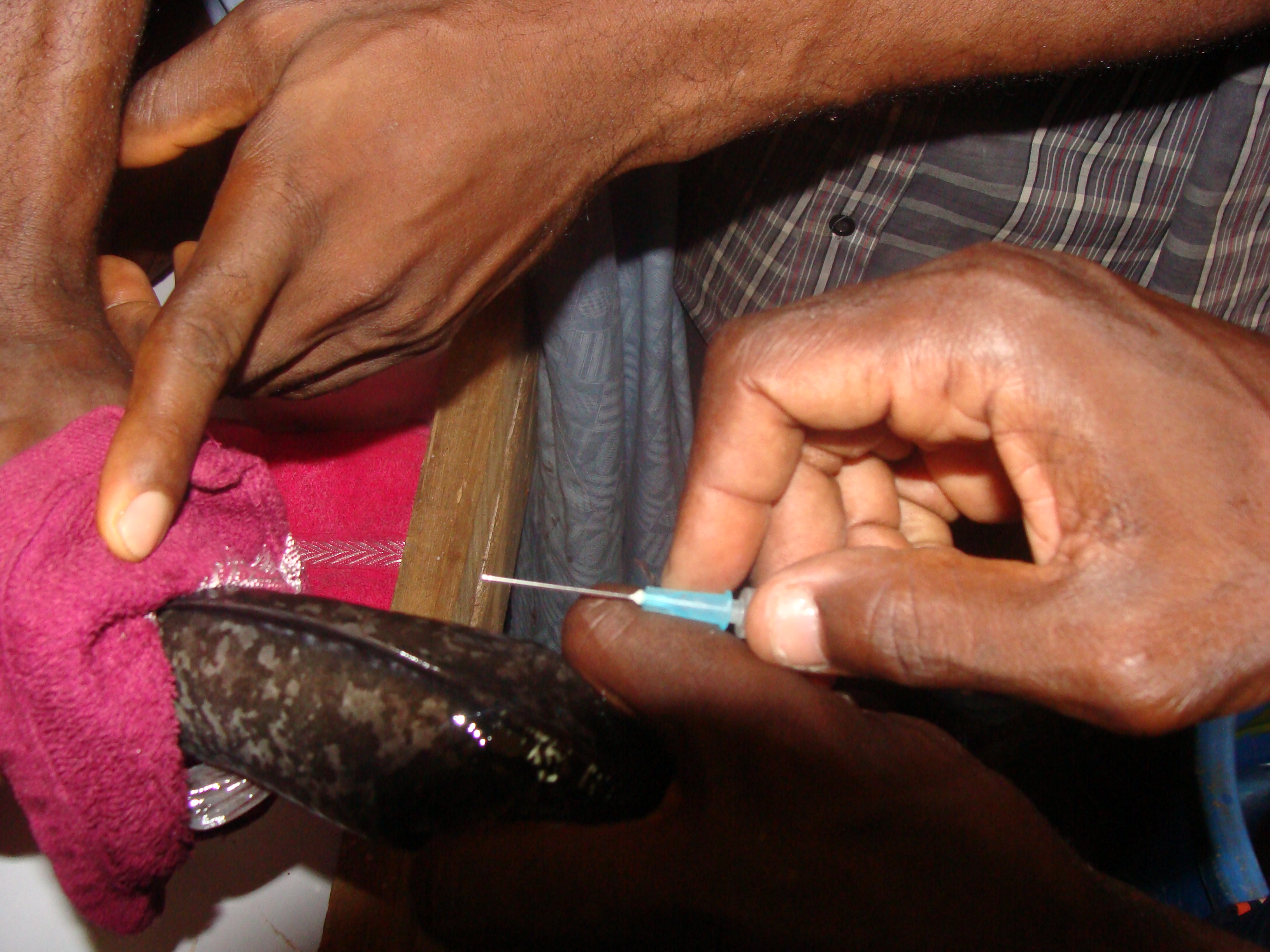
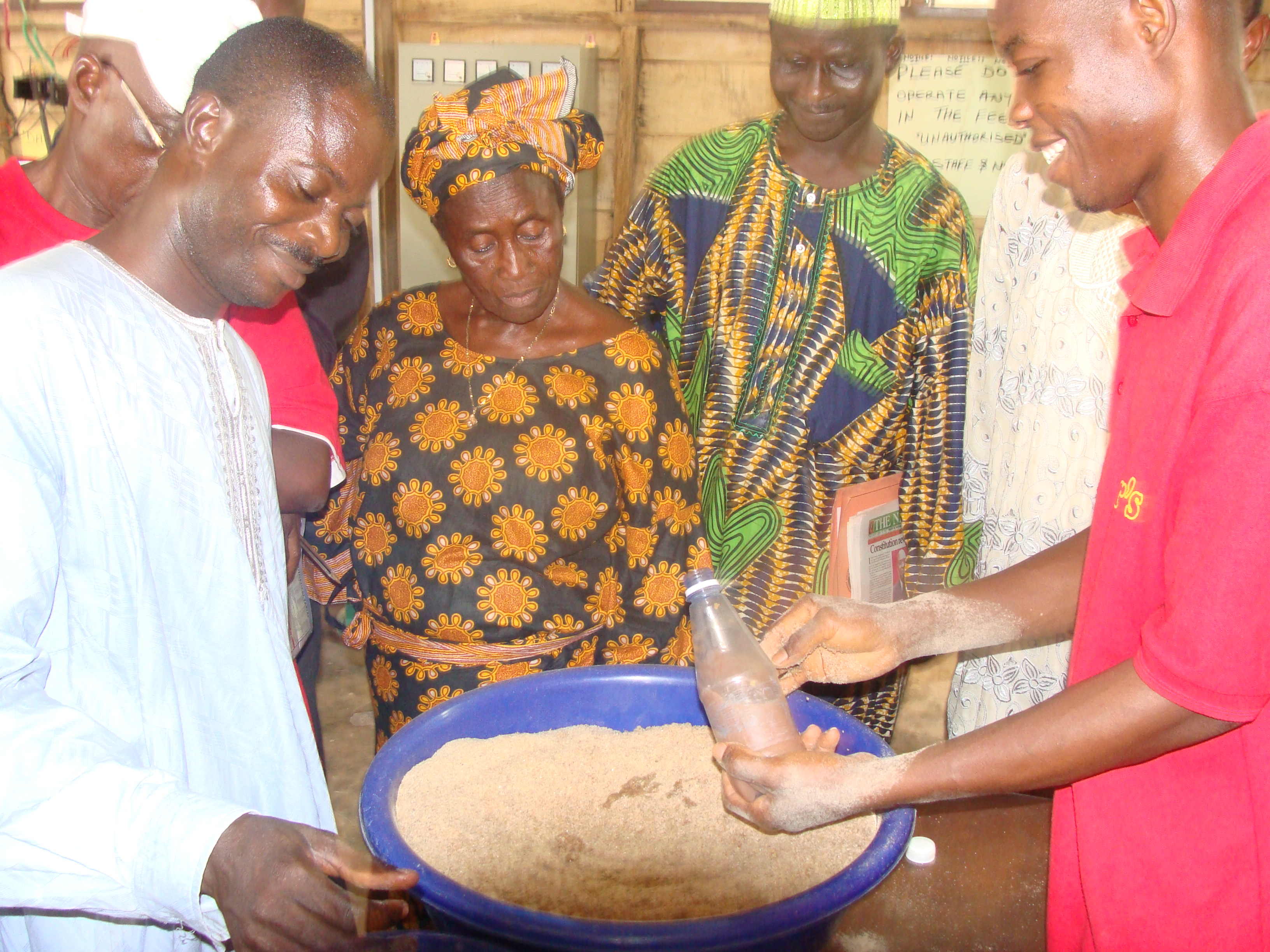
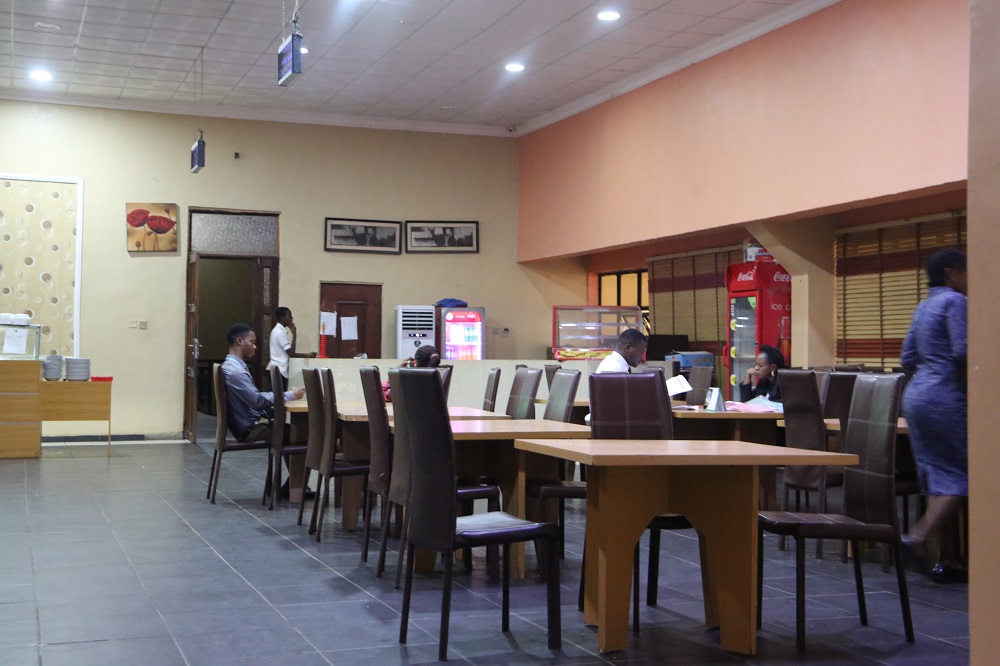

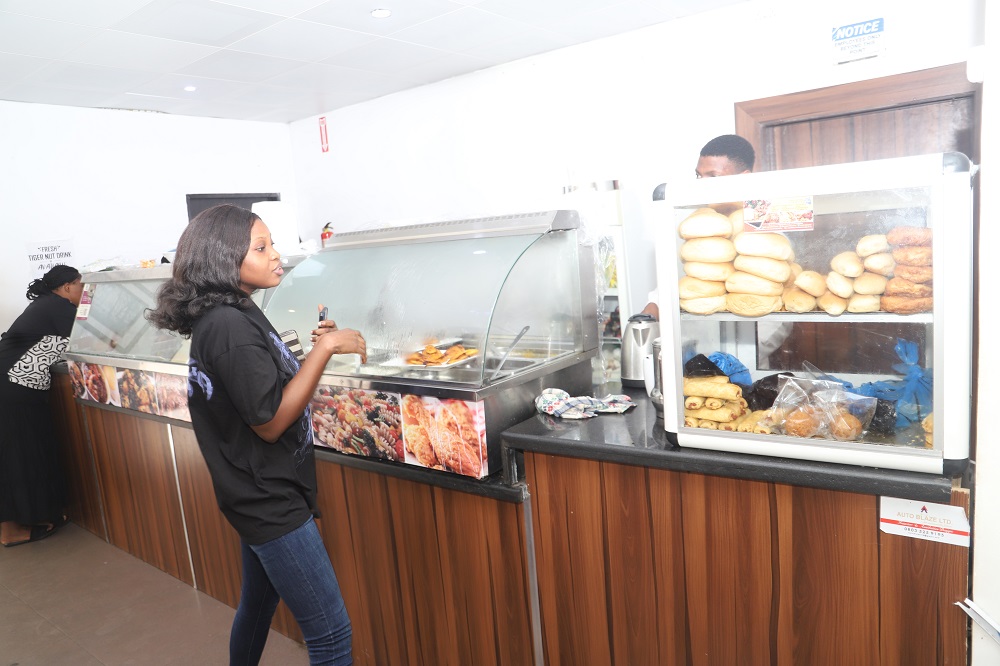

2.5.3 - Access to University Facilities
The Covenant University Instrumentation Research Facility (CUCIRF- https://cucirf.covenantuniversity.edu.ng/) features fully equipped laboratories for biological and chemical testing, and also offers regular training to community members. The university also invests in regional infrastructure sharing, primarily through the unparalleled access granted to its palm oil production factory. This is a high-value industrial asset that is explicitly made available for use by local farmers in the community at a very subsidized rate. This removes the massive capital barrier that prevents small-scale farmers from scaling up their palm oil refining capacities. By providing access to processing technologies, CU ensures that raw agricultural produce is processed efficiently, maximizing yield which in turn reduces post-harvest losses, and increase farmers profit margins. This strategic resource sharing, formalized under the RCE-Ogun Technology Access Framework, acts as a powerful catalyst for local economic growth and technological adoption.
2.5.4 - Prioritization of Local, Sustainable Purchases
While we successfully integrate our own palm oil production for campus use, we are committed to widening our impact by supporting local vendors for all other goods, as described in our Ethical sourcing and supplies policy https://www.covenantuniversity.edu.ng/information/more/documents-policies/767-ethical-sourcing-of-food-and-supplies. This policy mandates proactively prioritizing external local and certified sustainable suppliers for all non-self-produced commodities.
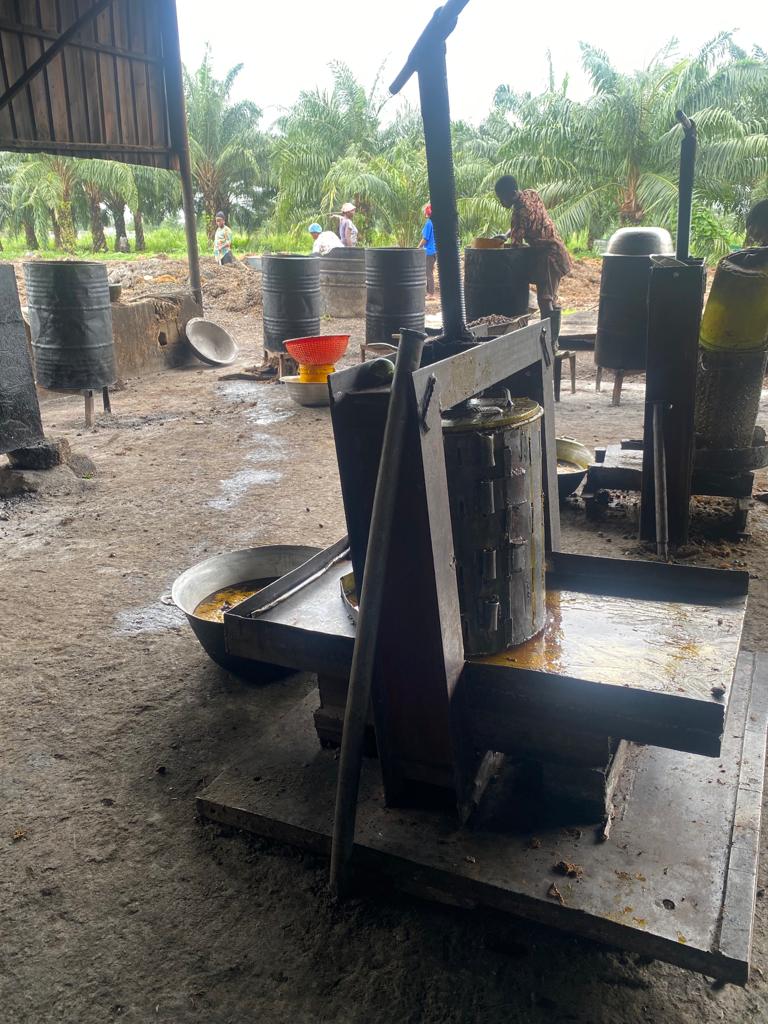
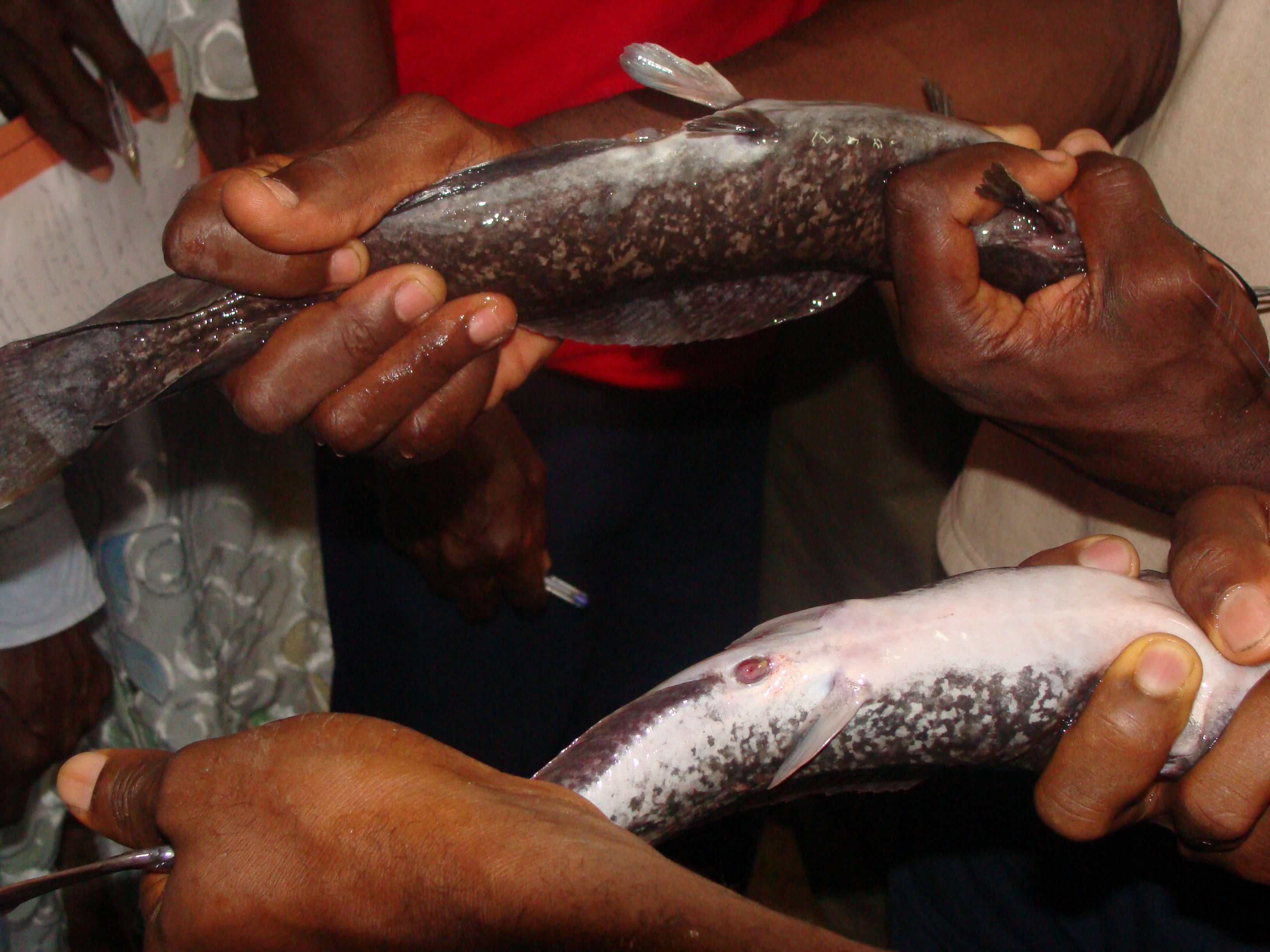
Covenant University also has a palm plantation where palm trees for producing palm kennels from which palm oil is obtained are grown. The palm kennels are harvested as raw materials and beaten off the bunches. Thereafter the raw material undergoes digestion (to remove sludge), sterilization with steam, and then mechanical pressing where the oil is finally obtained and purified for storage and packaging. After packaging, the refined palm oil is then sent to all the cafeterias in the university for food production. This in turn helps to reduce the cost of food such that it is relatively affordable by all (students/staff/visitors) of low, middle and high income groups compared to situations where the oil is purchased from a local vendor. Table 2.2.5. consists of some properties of the produced palm oil from the Covenant University farm.
The University also encourages research publications that address issues related to curbing hunger, food wastage and sustainable farming practices.
